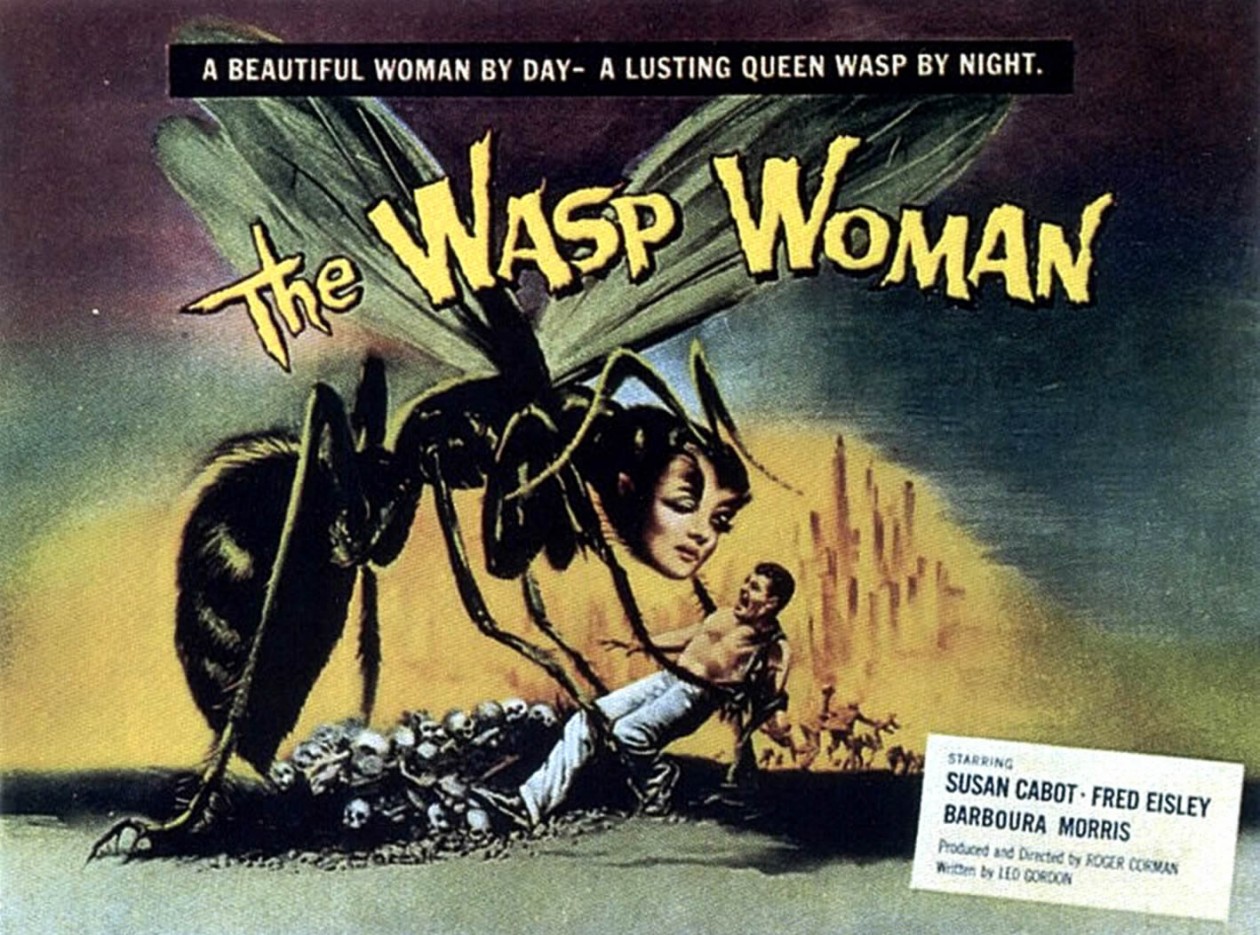I decided to borrow the DVD for the film “The World Before Her” and watch it in the library. I found the film to be extremely interesting and much more complex than expected. Sabira Merchant (Diction Expert for the Miss India World pageant contestants) mentions that there are “two Indias”. One India has the people who think that India needs to keep up with the rest of the world. The world is constantly changing, and with globalization, pieces are other cultures are adopted and new culture is formed within India. The other India believes that western culture is ruining the young generation of the country. Women are degrading themselves and forsaking their values and beliefs for the new, shiny customs of the western world. Both sides are presented within this documentary, as we follow contestants in the Miss India World pageant, and young girls training in Hindu nationalist camps (Durga Vahini).
I found the film very interesting to watch because both sides of the story had their own distinct points of view. The women in the pageant all believed that they were working hard to follow their dreams. Winning the pageant would open up many kinds of opportunities for them including contracts for movies and commercials not just locally but globally with other Asian or European countries. On the other hand, the leaders of the Durga Vahini camps say that models only wear skimpy clothes as they strut down the catwalk, bat their eyelashes and receives prizes. They teach the girls in the camps self defense should they ever need to protect themselves. They also teach the girls noble prayers and songs, as well as practices of the Hindu religion. They are nurturing the girls to retain the Indian tradition and culture that has existed for many years.
On one hand, the pageant is not great because it is essentially exploiting the women’s bodies. A great deal of it is all about external beauty. The pageant director, Marc Robinson says many lines that reflect this such as when he gives out instructions for the girls to walk and then pose in front of them (the judges) for 4 seconds so they can get a good look at their bodies, and even when he makes them wear sheets over their entire top half so that their legs can speak for themselves. The models undergo botox sessions and burn away their melanin with skin whitening products. This is because no matter how eloquent and intelligent an answer a model gives, she will not win the competition if she is not beautiful. On the other hand, a woman gorgeous woman could get by on a not so perfect answer. Yet still, one of the scenes in the film greatly distressed me. A woman in the film speaks out to the girls in the camp and says that girls should be married at 18 because by the time they get to 25 they are too strong-willed and cannot be tamed. Another conversation was during one of the scenes in the camps when the woman was on the podium shouting into a mic as she addressed the young girls. Her booming voice discouraged the girls from pursuing independence and choice or free will. She said things such as if leaving your house and parents to pursue a career was really necessary. I believe that, as the contestants said, women should have the choice to decide what they would like to do with their lives. Pachi’s father added to those ideas when he said that his daughter will get married because it is her duty. He is saying that she has no choice because she is a woman. Pachi gets upset during that interview with her father.
I think that Pachi really is a very interesting character. She describes herself as neither man nor woman, but both. She is an only child, raised in a traditional family, where it was normal to kill your daughter for nothing more than the fact that she was female. Pachi feels an eternal gratitude for the fact that her parents chose to raise her and not try for a son after, but settle with her as their only child. She is very close to her father and it is clear that they share many of the same ideals in terms of how women should behave, as well as cultural norms and customs. The interviewer brings up the question towards the end of the film and she addresses it. She is raising young girls to grow up with what her father is enforcing: they must grow to be women who will be married and have children. They will grow to choose child bearing and taking care of the house affairs instead of choosing a career and working hard to achieve thier own personal goals. That is what Pachi is teaching these girls at the camps. Yet despite this, she is upset with her father being adamant about her marrying. She wants to devote her life to the Hindutva (The Hindu movement). She does not want to be married. She does consider herself solely female. She believes that God does not have marriage and children in mind for her life. Yet despite having these separate desires for herself, she trains girls to grow up not having them.
Overall the film really made me think about how globalization has affected third world countries and all countries in general really. Cultures are threatened as others are strengthened and reinforced. Is it possible to find a balance between cultural appropriation and cultural retention? Shweta says that wearing a shirt and pants does not make her any more American than yoga makes an American any more Indian.
